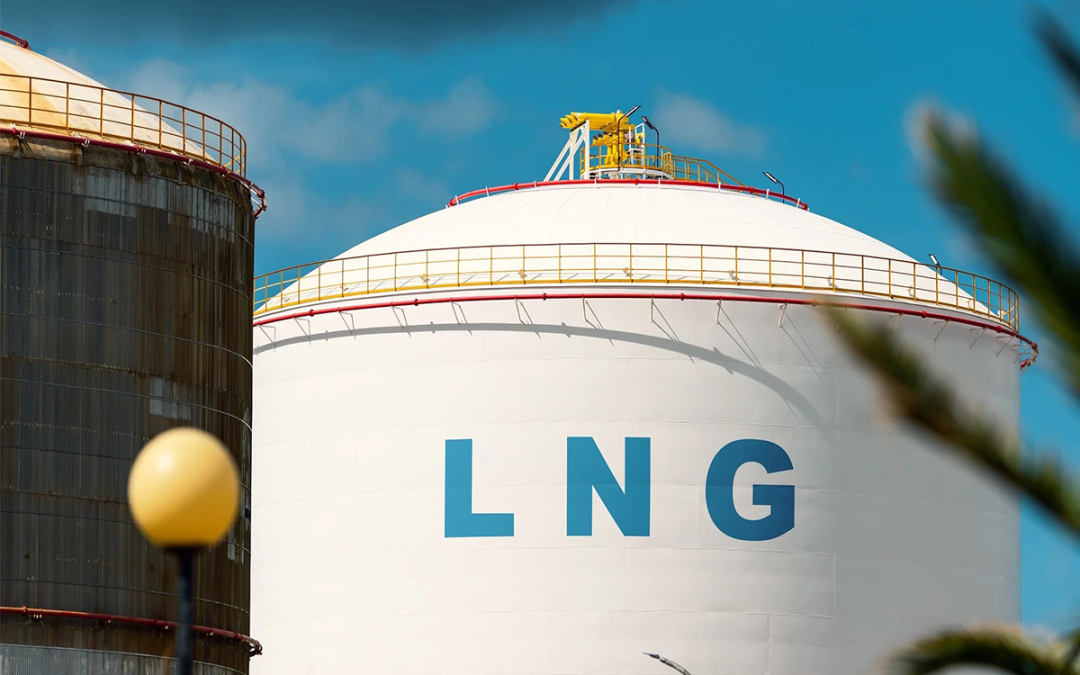As of the first half of this year, the shipbuilding industry has seen a significant shift in the types of container ships being ordered, with a marked preference for LNG dual-fuel container ships over methanol dual-fuel container ships.
According to Clarkson Research, a shipbuilding and marine market analysis firm on July 21, 40 LNG dual-fuel container ships were ordered, double the 20 methanol dual-fuel container ships ordered in the same period. This is a reversal from last year when 35 LNG container ships were ordered compared to 65 methanol container ships.
The shipbuilding and marine industry predicts that this preference for LNG will continue for the foreseeable future. Methanol, while an alternative fuel, is more expensive and less available than LNG. Additionally, the infrastructure to supply methanol is still lacking, whereas LNG can be easily refueled in large quantities through major ports and terminals, making it more suitable for container ships on regular routes.
Notably, Maersk, which had been aggressively contracting methanol-powered container ships until last year, is now slowing its transition. The company recently sent a request for proposal (RFP) to global shipbuilders to order 12 LNG container ships of 16,000 TEU. This move has garnered significant attention as it came after Maersk postponed its order for 15 methanol-powered container ships from China State Shipbuilding Corporation (CSSC) in May and decided to review it by the end of the year.
A shipbuilding industry insider commented, “There seems to be a disagreement with the design drawings submitted by Chinese shipbuilders,” adding, “Many perceive Maersk’s strategic shift as very unexpected.” It is analyzed that Maersk’s decision to expand its fleet of LNG container ships was made to avoid falling behind as global shipping companies aggressively place orders for container ships.
South Korea’s major shipbuilders, including HD Hyundai Heavy Industries, Samsung Heavy Industries, and Hanwha Ocean, are now weighing whether to participate in container ship bids coming out in the second half of the year. Previously, container ships were excluded from their “order list” as their prices were cheaper than LNG carriers. However, they plan to actively pursue orders if shipping companies raise contract amounts.
In a situation where the total volume of ship orders is expected to decrease from this year, securing these orders could fill more than four years’ worth of work. The fact that Chinese shipbuilders have slowed their pursuit of South Korean shipbuilders by building a portfolio of eco-friendly ships through methanol container ship orders is also seen as a positive development. All methanol ships ordered this year have been secured by Chinese shipbuilders.
The current status of the shipbuilding industry reflects a broader trend influenced by economic factors, environmental regulations, and technological advancements. The preference for LNG over methanol is driven by the lower cost and greater availability of LNG, as well as the existing infrastructure to support its use. As the industry continues to evolve, the strategic decisions made by major players like Maersk will likely shape the future landscape of global shipping.
Source: Businesskorea





